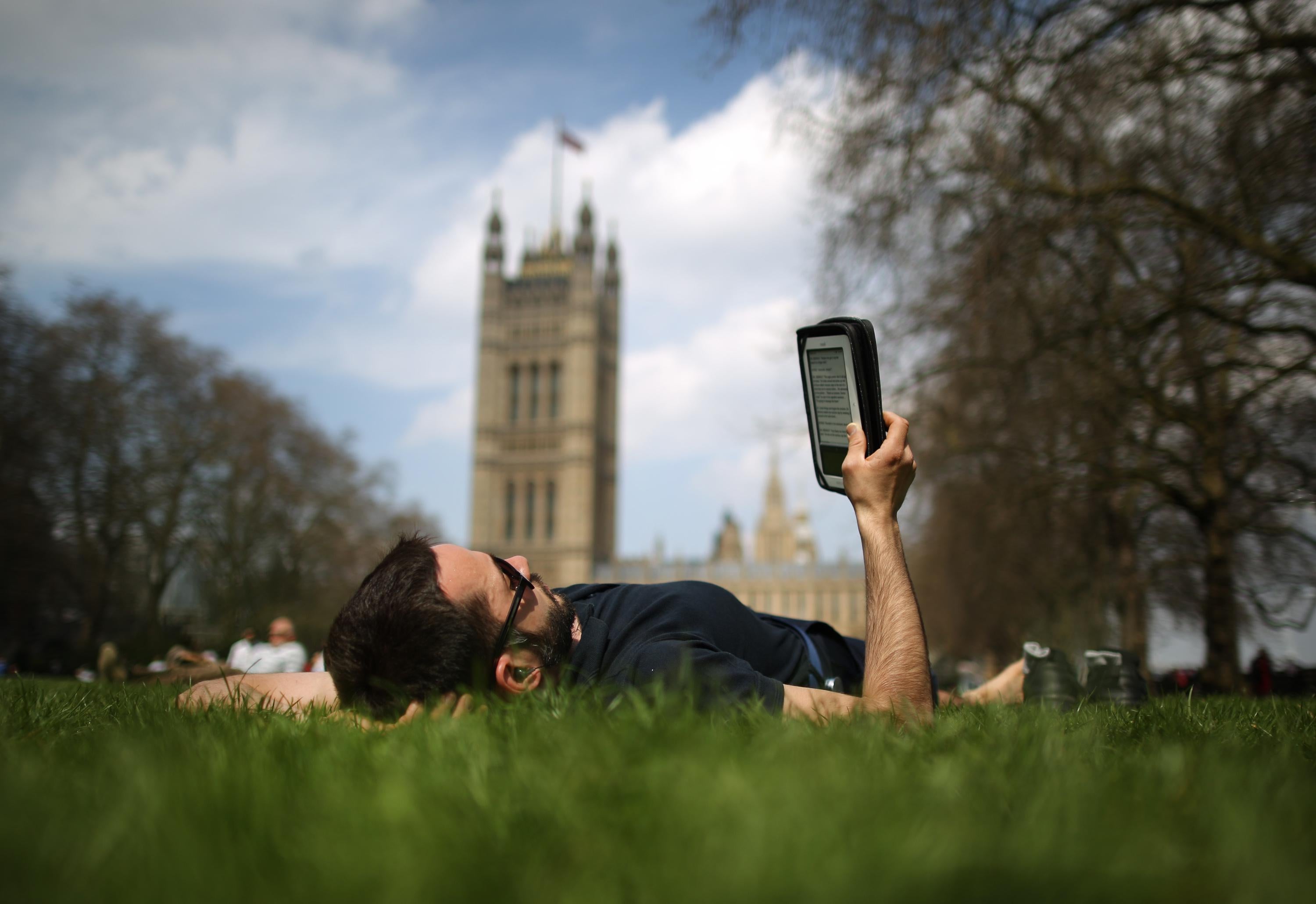Tech writers have begun rolling out their eulogies for the humble e-reader, which Mashable has deemed “the next iPod.” As in, it’s the next revolutionary, single-purpose device that’s on the verge of being replaced by smartphones and tablet computers. Barnes & Noble is spinning off its Nook division. Amazon just debuted its own smartphone, which some are taking as a tacit admission that more people are reading books on their phone these days, to the detriment of the Kindle. The analysts at Forrester, meanwhile, expect that U.S. e-reader sales will tumble to 7 million per year by 2017, down from 25 million in 2012.
At New York Magazine, Kevin Roose argues that this is “bad news for the book industry.” He writes:
If you’ve ever tried to read a book on your phone, you’ll know why. Reading on an original Kindle or a Nook is an immersive experience. There are no push notifications from other apps to distract you from your novel, no calendar reminders or texts popping up to demand your immediate attention. And this immersion is partly why people who use dedicated e-readers tend to buy a lot of books. (One survey indicated that e-book readers read about 24 books a year, compared to 15 books a year for paper-and-ink readers.)
A drop in e-book sales, which are actually more profitable for publishers than hardcovers, would certainly mean trouble for the industry. But I’m not convinced that’s where the death of e-readers will lead. Nook and Kindle owners might buy more books than your typical American, but I’m guessing a lot of that is simply because they’re more, well, bookish. As Pew wrote in January, “Adults who own e-readers like Kindles or Nooks read e-books more frequently than those who only own other devices (like tablets or cell phones). However, it is difficult to know whether that is because dedicated e-readers encourage more reading or because avid readers are more likely to purchase e-reading devices.”
Devices come. Devices go. The Kindle and Nook helped teach us all to pay for e-books, and I’m guessing that will be delivering publishers dividends for years to come.
